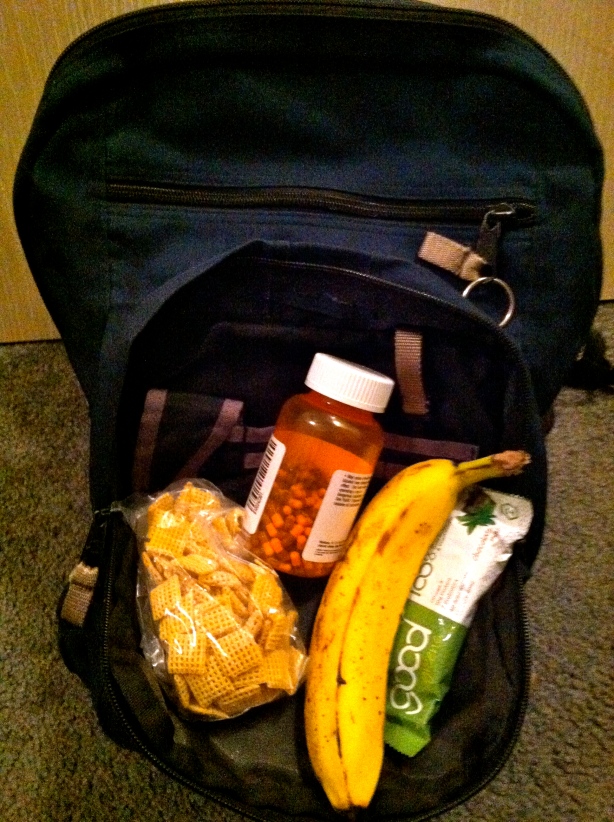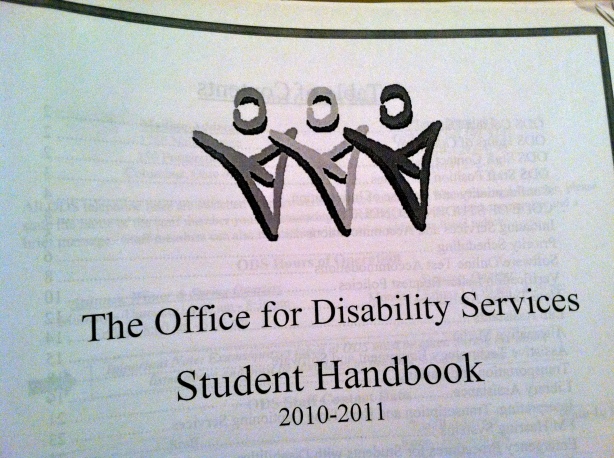First, let me start this post off by saying I’m not endorsing underage drinking. I am, however, realistically acknowledging that alcohol is to college as marijuana is to Willie Nelson concerts: it’s always around and, at many schools, is also a big part of the culture.
For example, I go to a large public university where football Saturdays are typically spent waking up at 7 a.m. to start drinking, going to the game or watching it at a bar, then drinking late into the night. Is it fun? Yeah, usually. But is it safe? Probably not.
I happen to enjoy alcohol, but I’ve learned how to drink responsibly, which is something you’ll have to do too if you want to keep your disease under control at college. It’s a balancing act and it’s one that takes time to master when you’re constantly surrounded by the binge drinking, bar specials and 21st birthday parties that pop up around campus every weekend.
That’s why I’m sharing some tips and tricks for how you can drink safely with Crohn’s:
- First and foremost, make sure it’s safe to drink alcohol with the medications you’re taking. If you’re taking Flagyl , for example, alcohol will make you extremely ill because the two don’t mix well. Even if you’re underage, you should feel comfortable talking to your doctor about drinking, and he or she can tell you if it’s safe for you or not.
- Experiment, within reason. Unfortunately, there’s no definitive list of what drinks you can and can’t have with Crohn’s. Beer has never really agreed with me, but wine and vodka are fine. Some people are the exact opposite, while others can’t even tolerate alcohol at all. Everyone is different, so trial and error is really the only way to find out what works for you. Just do it in a smart way by not trying too many things at once.
- Which brings us to this next point: try to stick with one kind of drink the whole night. Don’t go for a smorgasbord of alcohol (i.e., first a beer, then a shot of tequila, then a glass of wine, then a long island iced tea…) because the chances of you getting sick will be much higher.
- You don’t have to keep up with everyone else. Alcohol should be enjoyed in moderation, not abused in excess, so be careful around beer pong and other drinking games. If you’re at a bar and want to create the illusion you’re “keeping up,” try this: order a non-alcoholic drink that looks like a mixed drink (for example, a coke and lime to look like rum & coke, or anything with sprite or club soda.) It’s a nifty party trick for when you don’t want to drink but don’t want anyone to bug you about it.
- If you’re flaring, fuhgeddaboudit. Alcohol does irritate the GI tract, so drinking while flaring is way too risky.
- Let’s say you choose to ignore all these tips, get really drunk, and wake up with a monster hangover tomorrow morning. It’s OK, you’re only human, so here’s one last tip for the dreaded morning after: rehydrate and renourish! Pedialyte is surprisingly good for this. Also try Vitamin Water, Gatorade, or anything with electrolytes.
I just want to finish this post by saying I understand that, especially if you’re diagnosed with Crohn’s at a younger age, it can make you feel like an outcast among your friends because sometimes you can’t do all the same things they do. But having Crohn’s doesn’t mean you will be robbed of having fun. And you don’t need to drink like a fish to have a good time, so not being able to play beer pong doesn’t mean college is going to suck for you. There are much more important things than that, like staying out of the hospital and being healthy. Cheers to that!











